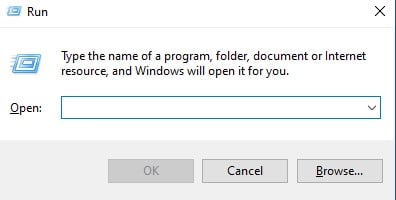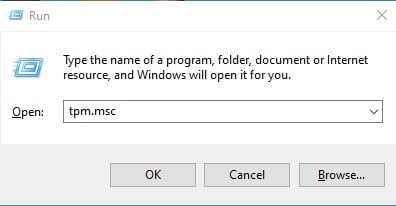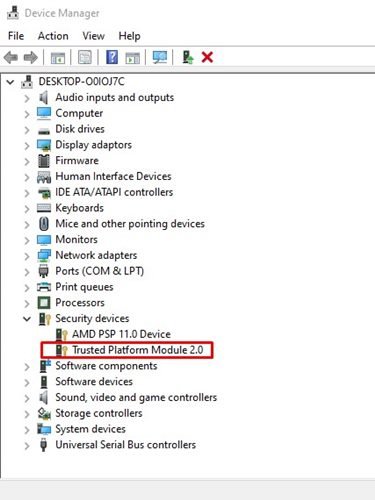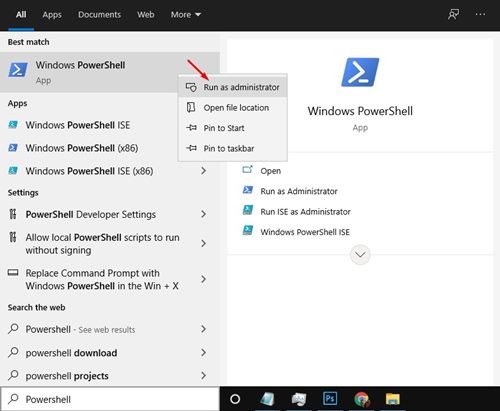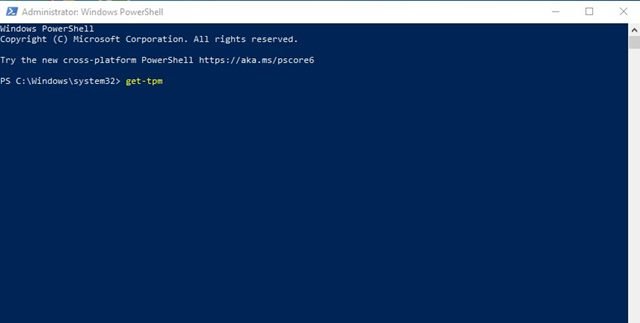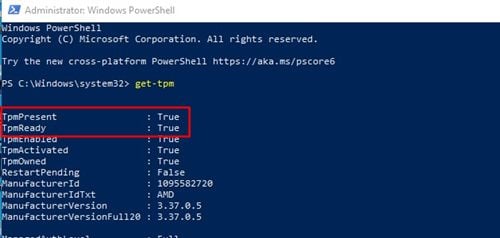Last Updated on July 1, 2021 by Larious
Yesterday, Microsoft released the first build of the Windows 11 operating system. However, to use the first build of Windows 11, users first need to join the Windows Insider Programme.
The upgrade is provided for free by Microsoft, and if your system meets the minimum requirements to run Windows 11, it will receive the stable build of the OS later this year.
One thing that seems to have some people stuck while upgrading their existing PCs to Windows 11 is the requirement for TPM. So, what’s exactly a TPM is? And how to know if your PC has a TPM to run Windows 11?
This article will discuss The TPM and let you know how to check if your PC has TPM for Windows 11. Let’s check out.
Table of Contents
What is TPM?
Well, TPM or (Trusted Platform Module) is a hardware chip placed on the motherboard. It’s an international standard for a secure cryptoprocessor.
In short and simple words, TPM is all about security. The chip offers hardware-level protection and is used to encrypt disks using Windows features like BitLocker Drive Encryption, Windows Hello PINs, and more.
The ultimate role of the Trusted Platform Module is to store encrypted information on the device while also ensuring a secured boot environment. On Windows 11, Microsoft has made it mandatory to have at least TPM 1.2. However, the recommended TPM requirement to run Windows 11 is TPM 2.0.
If you don’t know, TPM 2.0 was introduced way back in 2015, and most new machines made after that will probably come with TPM enabled.
Steps to Check if Your PC has TPM for Windows 11
Well, it’s pretty easy to check if your PC has TPM for Windows 11 or not. For that, you need to follow some of the simple methods shared below.
1. Check TPM using Run Command
In this method, we are going to use the Run dialog box to check the TPM. But, first, follow some of the simple steps given below to check TPM using the TPM Management Tool.
Step 1. First of all, press Windows Key + R on your keyboard. This will open the RUN dialog box.
Step 2. On the RUN dialog box, enter tpm.msc and hit the Enter button.
Step 3. This will open the Trusted Platform Module settings. You need to look at the Status and TPM Manufacturer information.
That’s it! This is how you can check TPM using the TPM Management Tool in Windows 10.
2. Check TPM via the Device Manager
Well, you can even use Device Manager to check if your PC has TPM for Windows 11. For that, you need to follow some of the simple steps given below.
- Right-click on the Start button and click on the ‘Device Manager.’
- On the Device Manager, expand the ‘Security Device’ option.
- Check whether it shows TPM entries or not. You can double-click on the TPM entries to find out more details.
That’s it! You are done. If the Device Manager doesn’t show any TPM entries, your PC might not have TPM, or it’s disabled in the BIOS.
3. Check Using PowerShell
You can rely on the Powershell utility to check if your PC has TPM for Windows 11 or not for additional confirmation. Here’s what you need to do.
- Open Windows search and type in ‘Powershell.’
- Right-click on the Powershell, and select ‘Run as Administrator.’
- On the Powershell, enter the command given below:
get-tpm
Now, if the TpmPresent returns False, your motherboard doesn’t have a TPM chip. However, if the result says:
- present: True
- TpmReady: False
You need to activate the TPM chip in your BIOS/UEFI and rerun the PC Health Check tool. After enabling the TPM, the PC health check will give your the green signal to run Windows 11.
That’s it! You are done. This is how you can use PowerShell to find if your PC has TPM for Windows 11 or not.
So, this article is all about checking if your PC has TPM to run Windows 11. I hope this article helped you! Please share it with your friends also. If you have any doubts related to this, let us know in the comment box below.

